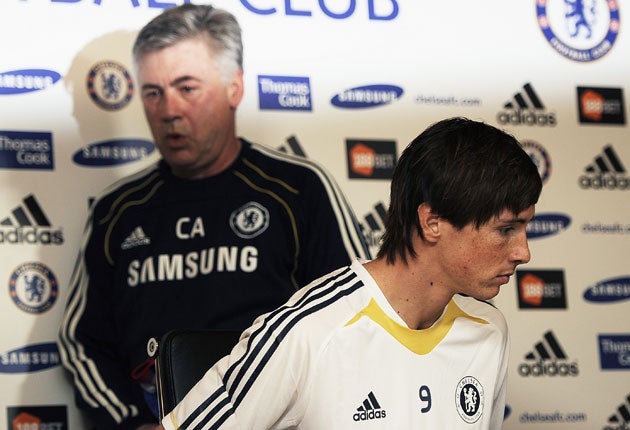Taxman challenges Premier League over creditor rules
Revenue says the taxpayer is being short-changed

The taxman is poised to tackle the football Premier League in a court battle that critics fear could put dozens of clubs out of business. HM Revenue & Customs (HMRC) is challenging the controversial rules that require clubs in financial trouble to pay off their debts to players, managers and other football clubs first – before paying creditors outside the game.
HMRC says the rule is unlawful and short-changes the taxpayer. A recent case, it says, resulted in financially strapped Portsmouth paying only £4.8m of an outstanding tax bill of £24m. If the taxman wins, the ruling could apply to Football League clubs as well.
The Premier League, which represents many of the sport's richest clubs, will ask the High Court on Tuesday to rule that the taxman's challenge is a foul and throw the case out.
The verdict will have a dramatic impact on the way football's business side is conducted. Some fear it will lead to financial chaos and will mean hard-up clubs going out of business.
Brendan Guilfoyle, of the insolvency specialist P and A Group, said the change would curb transfer market frenzy, such as Fernando Torres's move from Liverpool to Chelsea for a UK-record £50m fee. He said the deal, which will see Chelsea pay in five equal instalments over Torres's five-year contract, was underpinned by the football creditor rule.
"I question whether clubs would be prepared to pay as much if they had to pay the whole fee at the time of the transfer," he said. "Would Liverpool be prepared to lend Chelsea £40m without the protection of the football creditor rule?"
Others applaud the taxman's legal challenge, arguing that it will help to bring transparency to the sport's murky finances and force football to live within its means.
Critics argue it is unfair that a player, manager or other football club is more deserving of being paid than other creditors. When Bradford City collapsed in 2002, 36 workers in the club's shops were sacked, while money was owed to the St John Ambulance charity, which provided medical assistance at games; meanwhile, the club's players, including one on £40,000 a week, had to be paid in full.
Football's authorities argue that the rule protects the national game's stability and integrity. It helped Watford avoid acute financial difficulties when Portsmouth recently got into trouble. Portsmouth owed their fellow Championship club money for the transfer of the striker Tommy Smith. If the debt had not been settled, Watford might also have been forced into administration, having an impact on more small businesses and ultimately, the taxman, they argue. Revoking the rule could prompt "a domino effect", they warn.
Join our commenting forum
Join thought-provoking conversations, follow other Independent readers and see their replies
Comments